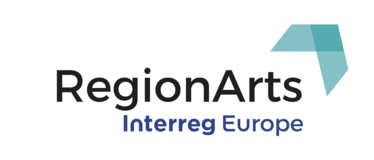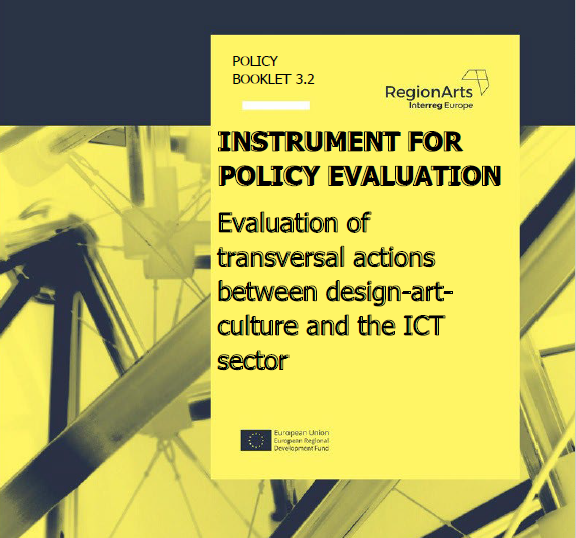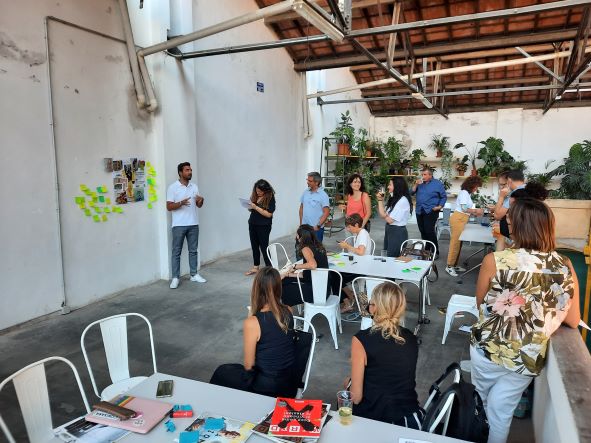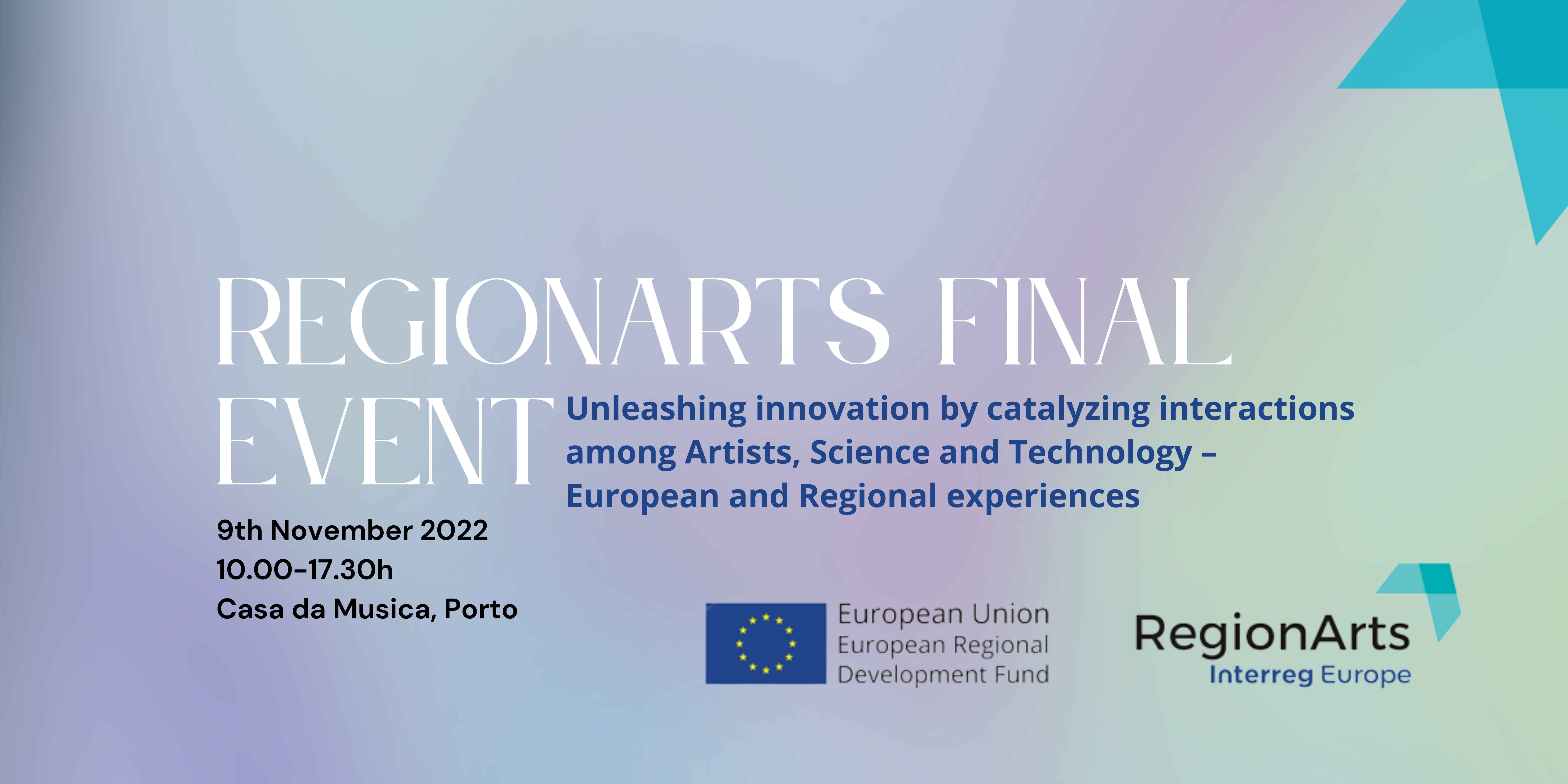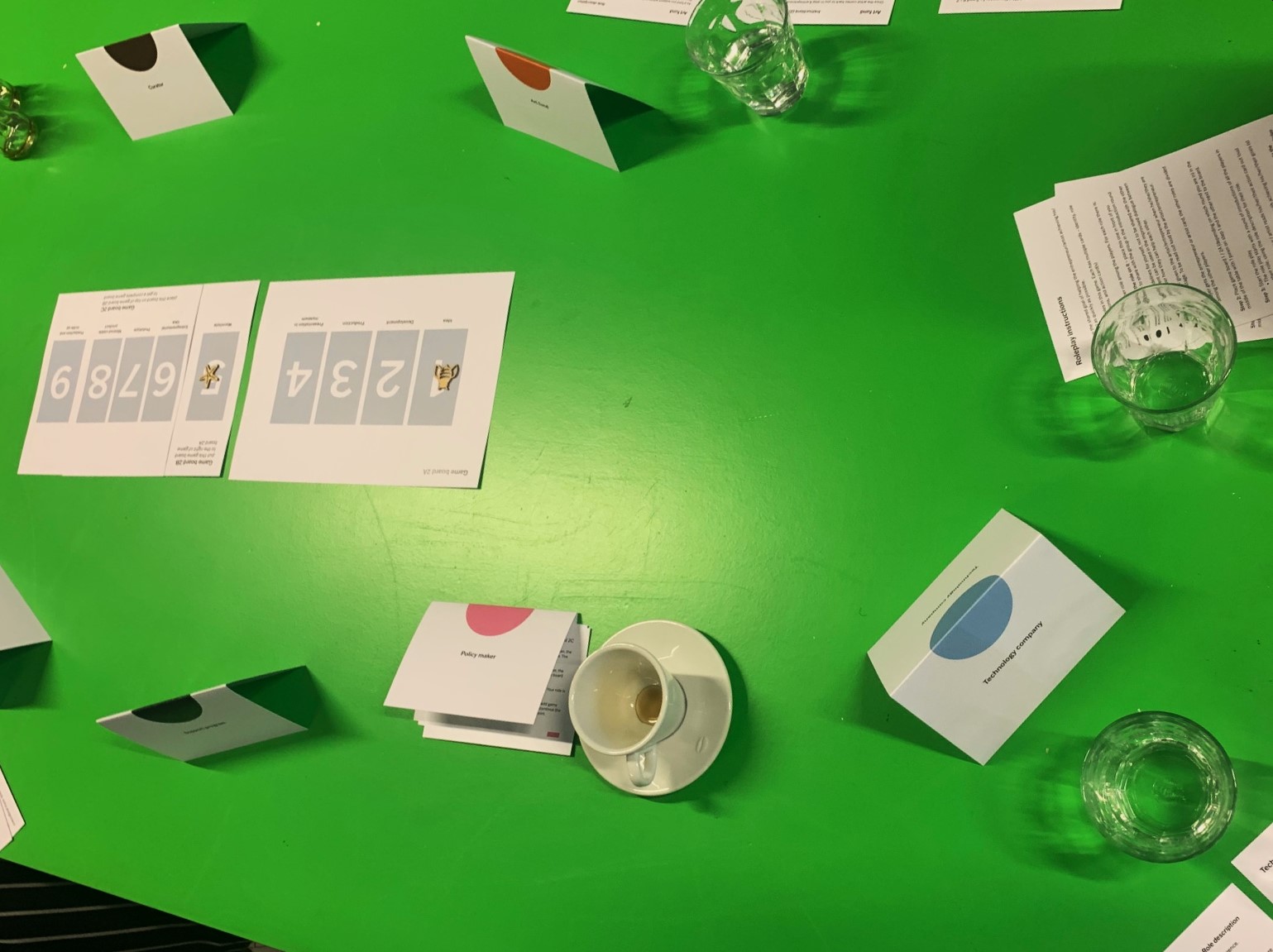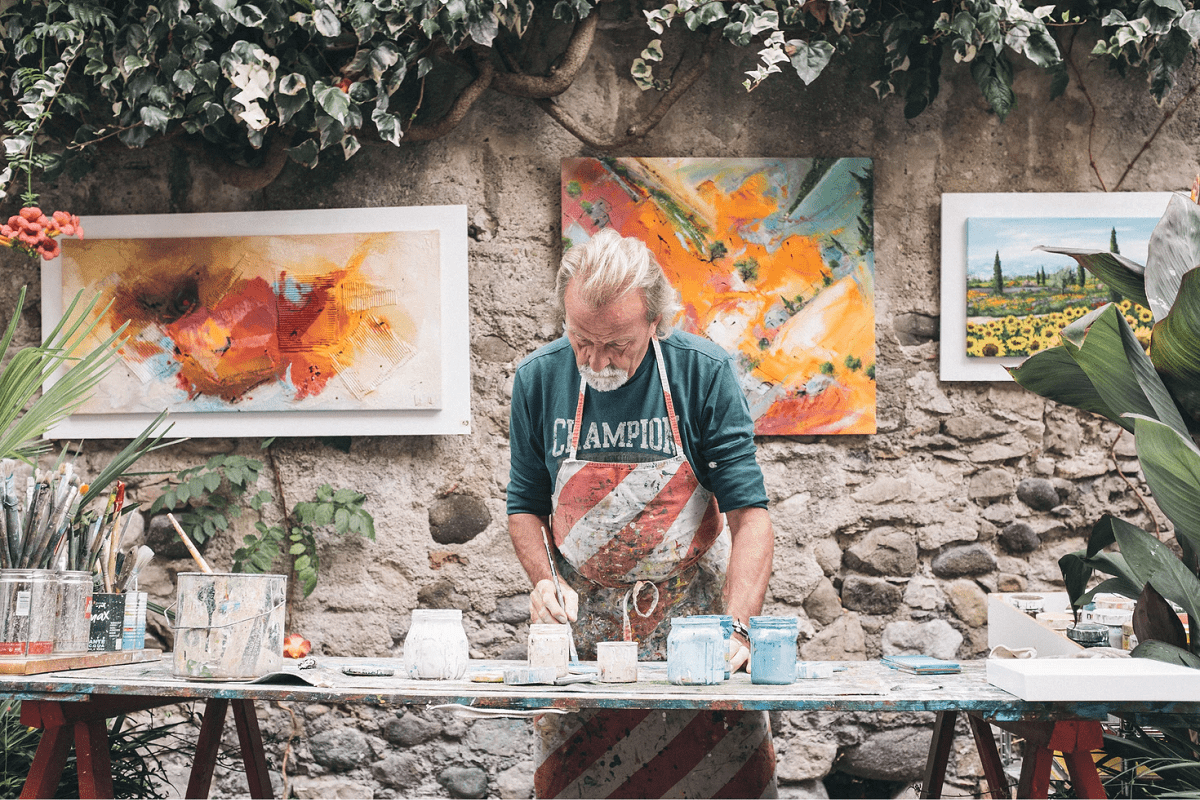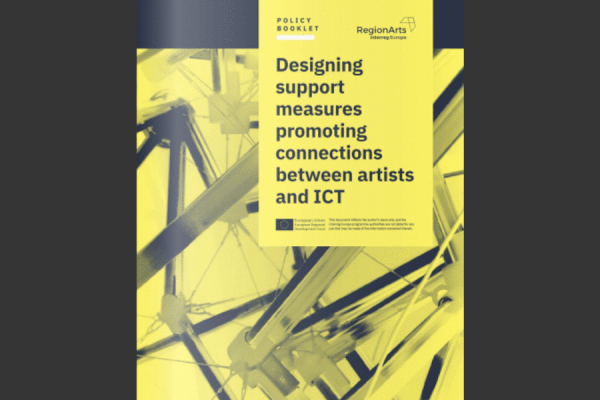On 15th and 16th, October 2020 ART-ER organized the flagship initiative of the RegionArts project: 'ICT meets the Arts Emilia-Romagna', an event dedicated to the interaction between art and new technologies.
Thematic panels, workshops and B2Bs got sector experts, companies, research centers and artists together, leading to inspiring discussions on the added value of the digital sphere and creativity in production processes and in the social and economic contexts of the territory.
The opening of the event was started by Barbara Busi - CCIs area manager at ART-ER’s - who introduced the RegionArts project and welcomed Flaviano Celaschi and Paola Dubini. The former - coordinator of the Advanced Design Unit of the University of Bologna and president of Cluster Create - stated that “the cultural and creative industries can truly generate virtuous relations and possibilities for other sectors” and believes that the regional productive activities already make use of artists’ knowledge and competences to grow. It is therefore pivotal to keep fostering these connections to keep innovating by applying a sustainable type of approach, operating in the framework set by Agenda 2030.
The latter - Management of CCIs Professor at Bocconi University and coordinator of the Culture Group for Sustainable Development at ASviS - agreed and reminded the audience that “there are several enterprises that have shaped their identity and their business model on positive interactions between creative and industrial aspects” and suggested that to systematize these connections each actor should have a specific role, in fact, “traditional industries should be able to define domains and the markets to tackle, while CCIs should reflect on how to address them and design the methodologies to do so”.
The second part of the day presented an overview of research activities carried out by the newly established centres of the Emilia-Romagna region dedicated to CCIs and Digital humanities: CIRCC and DHmore. Through the presentation of concrete experiences connecting the research world to the entrepreneurial sphere, guests talked about the role of technologies in today’s society: ICT has the power to develop new skills, new behaviours, new processes.
The last day was all about entrepreneurship: the speakers invited to the panel - Luca Panini, CEO of Franco Cosimo Panini Editore and Tullio Maccarrone, president of Anastasis - represented a creative company operating in the publishing sector that decided to exploit digital innovations to access new markets and a software house that believed artistic competencies were of the essence to improve their products and services. Mixing skills, perspectives and information is a vital approach to address the complexity of the world we live in: cross-fertilization among domains can lead to innovation and sustainable growth.

This two-day digital event could count on a total amount of 185 participants on ZOOM and 104 visualizations on Facebook during the streaming: the 5 different sessions were shared 34 times on the platform. At a later time, the recorded videos were watched 449 times on YouTube.
